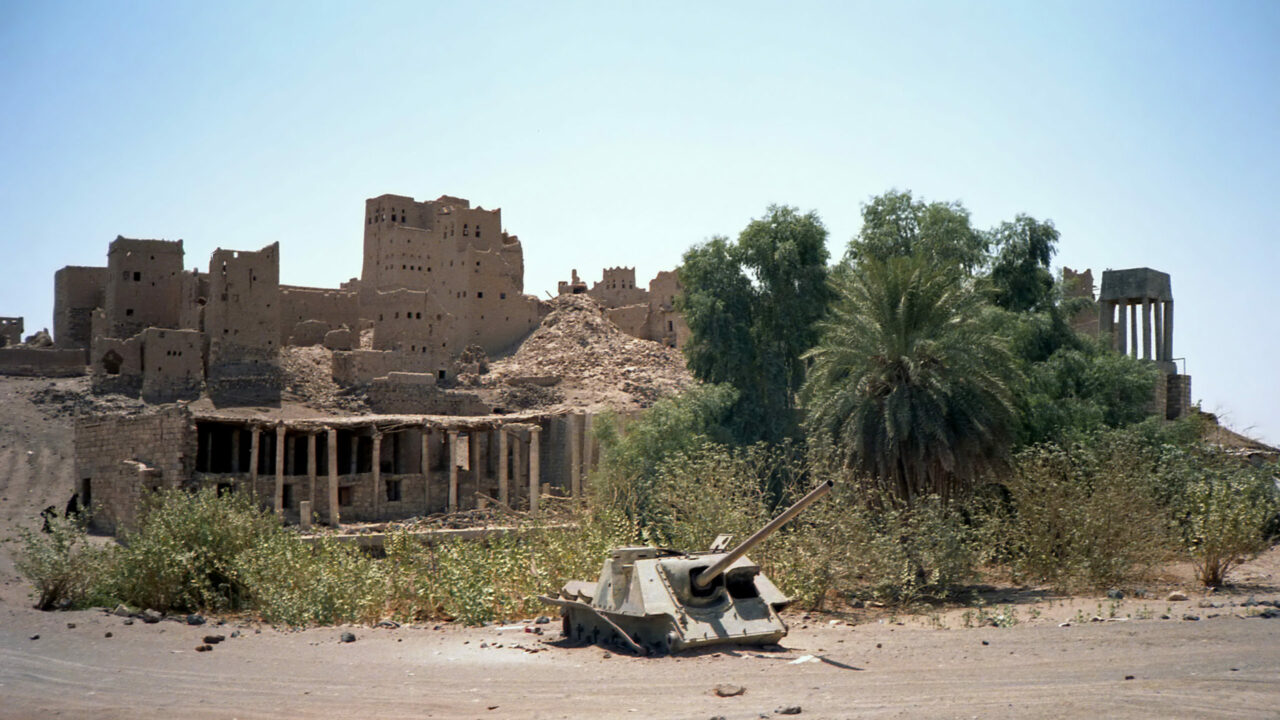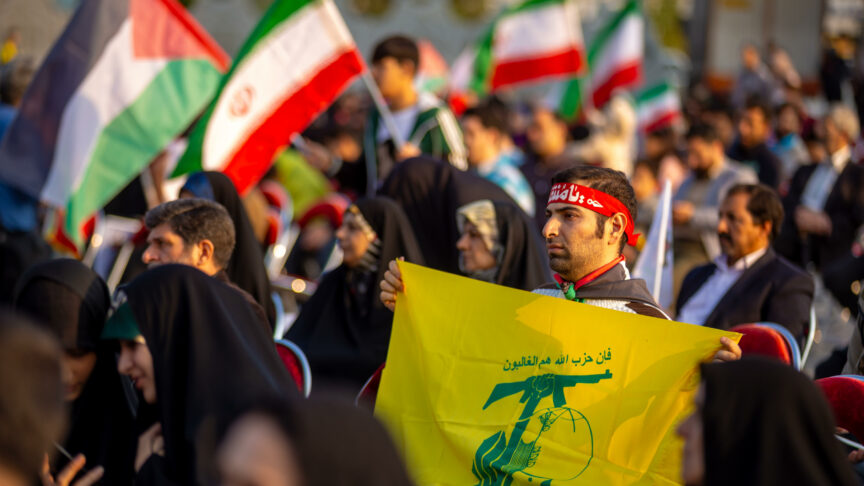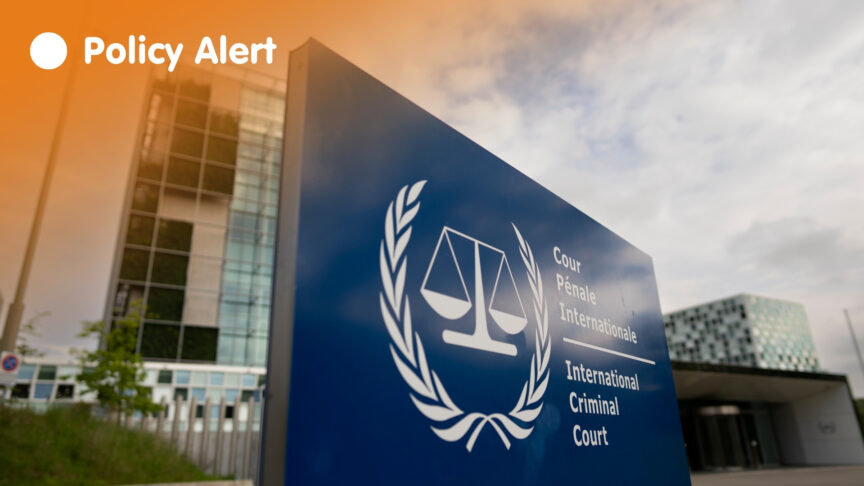Yemen in the Biden era: How Europe and the US can press for peace
Europe and the United States have an opportunity to mount a major diplomatic effort that could halt the fighting and lead the way to political talks
Since assuming office, Joe Biden has made clear that he wants to see a political solution to the Yemen conflict. He has appointed a US special envoy, ended offensive arms sales to Saudi Arabia, and lifted the US Foreign Terrorist Organization (FTO) designation of the Houthis, who are fighting both the internationally recognised government and Saudi Arabia. But, even as Biden has taken these steps, the conflict has intensified on the ground. A new Houthi assault on Marib province and missile strikes by the group on Saudi Arabia have raised fears about a new humanitarian disaster. But they have also quickly dispelled any hopes that the shifting US position will quickly lead to new negotiations.
The Houthi leadership was never greatly concerned with the FTO label – it aligned with their deep-rooted anti-American ideology and did little to undermine their hold on power in the parts of Yemen they control. But its lifting has given them new confidence: the Houthis now appear to expect the United States to end the military phase of the conflict by effectively walking away from the war and putting pressure on Saudi Arabia to back down.
Since the lifting, the Houthi movement has ignored UN calls for a ceasefire and has continued to send fighters to take over Marib province. Marib is rich in oil but has long been home to anti-Houthi groups and is the internationally recognised government’s only stronghold in northern Yemen. The Saudi-led blockade of Yemen, which is preventing goods entering the country in the quantities needed, has been used by the Houthis to recruit fighters to push on towards the city of Marib itself. Its capture could deal a knockout blow to the government.
The bottom line is that the Saudi-led coalition will not allow Marib to fall and a prolonged and deadly battle is to be expected
But the internationally recognised government’s regional backers, such as the United Arab Emirates, know that the fall of Marib would be fatal to the government. It is therefore also deploying anti-Houthi fighters who are backed by Saudi Arabia and the United Arab Emirates and are based on the west coast of Yemen. Saudi Arabia is also reportedly conducting intensified air strikes against the Houthi advance. The bottom line is that the Saudi-led coalition will not allow Marib to fall and a prolonged and deadly battle is to be expected. This will come with devastating humanitarian costs, with the International Organization for Migration warning that nearly 400,000 people could be displaced by the fighting.
Against this backdrop it is critical that international actors, led by the US and Europe, urgently step up their efforts. Their aims should be to secure a ceasefire by finding ways to pressure and incentivise the Houthis to stop their advance and return to talks. Key European players in this will be the European Union itself but also countries such as Germany, Sweden, and the Netherlands. At the moment, the Houthis appear unprepared to let up, but their likely inability to take Marib is already causing some tensions in their ranks. Those leading the assault are taking a harder line than factions based in Sanaa, Yemen’s capital, which they have controlled for a number of years. Meanwhile, the broader alliance of non-Houthi tribal actors, who have supported their advance towards the city thus far, may also be fraying as casualties mount. These divisions could prove useful in persuading the group to retreat from the current offensive.
Europeans and the Biden administration can also look to press the Houthis via Tehran. While the Houthis are not Iranian puppets, Iran clearly wields some influence over the movement. The recent visit to Tehran by the UN’s special envoy for Yemen, Martin Griffiths, was his first since he took over in 2018, suggesting there could be some room to work with Iran. Here, the prospect of renewed US diplomacy with Iran on the nuclear deal could create space for wider accompanying talks on Yemen, though the aim should not be to directly tie these talks together. Such a linkage would complicate both tracks. But talks with Iran could also draw in Omani support, given their open lines of communication with the Houthis.
As part of this diplomatic effort, the US and Europe will need to urge Saudi Arabia to offer the Houthis some concessions, such as lifting the blockade and reopening Sanaa airport, which the Saudis control. This does not need to be an immediate step but can come later if the Houthis take part in a ceasefire. Riyadh appears to want to quit the conflict; if so, it will need to now accept the need to publicly negotiate with the Houthis, rather than privately as they already do. They will also have to move away from their longstanding desire to impose a military defeat on the group. The Houthis’ dominant position across the north of Yemen, and their willingness to keep fighting, means that the Saudis will inevitably have to make military concessions. Similarly, Europeans and the US can make clear to the Houthis that if they do not respond there is little prospect of international legitimisation of their position, something they continue to aspire to, nor of Saudi Arabia stepping back from military operations or loosening the blockade.
This approach should be accompanied by an immediate humanitarian surge, including in Houthi-held areas, given the spectre of famine that now hangs over the country, with more than 80 per cent of the country in need and huge UN funding shortfalls. As part of this European actors and the US must push for more focused efforts to protect humanitarian flows, particularly given ongoing Houthi violations even when aid gets through the Saudi blockade. For instance, the multiple humanitarian projects currently funded by donors could become better coordinated and prevent the Houthis from siphoning off the aid.
If an initial ceasefire and humanitarian opening can be established, international players can then explore wider confidence-building measures that could help set the ground for much-needed UN-led political negotiations between the Houthis, the internationally recognised government, and other representatives of the country’s fractured political landscape. These measures could include the exchange of detainees, transferring the administration of Hodeidah port to the United Nations, reforming the financial system to prevent the collapse of Yemen’s currency, and making it easier for Yemenis abroad to send remittances home.
But achieving this will require intensified international mobilisation and support, namely an immediate commitment to pressing all parties towards a ceasefire in Marib and subsequent wider negotiations. Biden’s recent turn suggests an increased US willingness to move in this direction. And, although the challenges are considerable, Europeans must now also increase their efforts to support this endeavour.
The European Council on Foreign Relations does not take collective positions. ECFR publications only represent the views of their individual authors.



